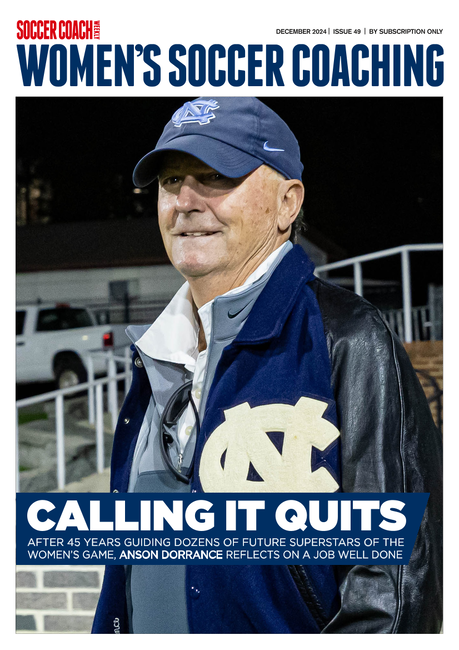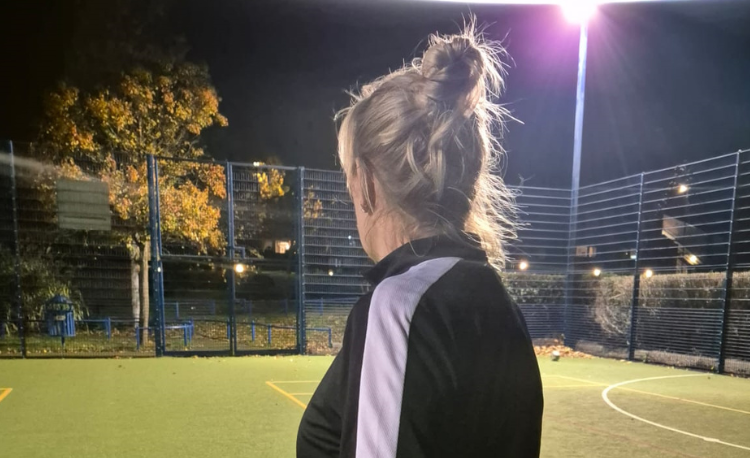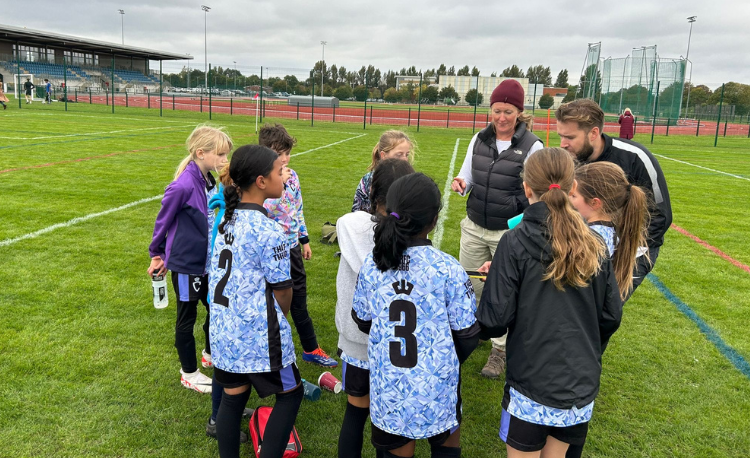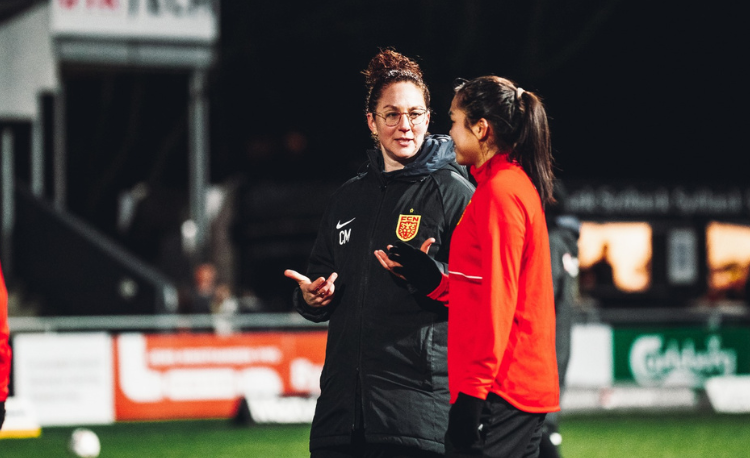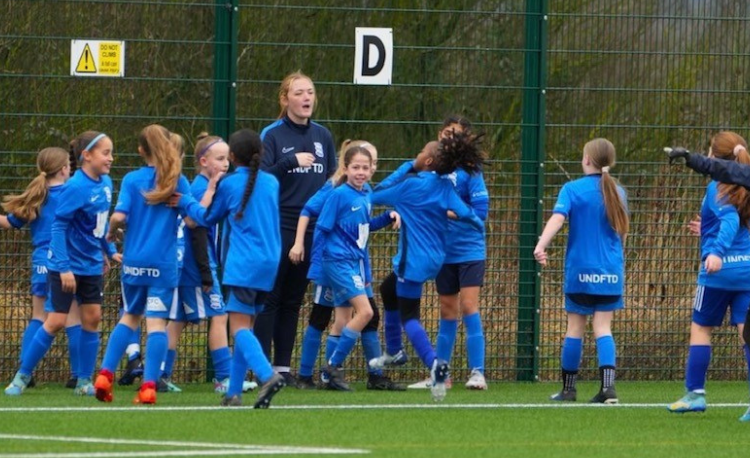You are viewing
1 of your 3 free articles
How to avoid the parent trap
Coaching Adviceby Gordon Maclelland
Successful communication and your own positive behaviours are the keys to keeping soccer mums and dads onside, says expert Gordon MacLelland
Part of coaching best practice is to reflect on what we are doing to provide the best possible environments for young players to thrive.
One area often neglected is how we engage with the parents of youngsters we coach. A number of coaches still report a fear of engaging with parents and remain keen to keep them at arm’s length.
This is understandable from a coaching perspective, in terms of not wanting parents to interfere too much particularly around the technical aspects of what we are coaching.
Many coaches – when asked to reflect on their relationship with parents – will often cite their worst experiences around parents.
Some of the biggest challenges we find as coaches include parents delivering conflicting messages to their children and having an over-inflated opinion of their child’s ability, watching how parents communicate with the children after games and training, not replying to club messages and creating negative vibes with other parents.
The reality is the vast majority of parents simply want what is best for their child, and will often take their lead from us or the organisation we are working for.
Remember, they are the player’s emotional and logistical support, and can provide us with fantastic insight about their children which may help us with our coaching of the players.
From a coaching perspective, we need to see them as allies, not the enemy, and a simple shift in this perspective will go a long way in changing how we view parents as part of the sporting experience.
With a well thought-out parental engagement policy we can create environments where everyone has clarity in their role and recognises each other’s value.
Effective and proactive communication will help young people gain the most from their sporting experience and in their own personal development, both absolutely essential strands to any effective sporting programme.
Our role as coaches is key. How we set the tone with our communication and behaviours will have a huge impact on the success we have in bringing parents on board with our own expectations.
If, as coaches, we run up and down the touchline, get stressed at errors and shout at officials, we have merely created an environment where parents have carte- blanche to follow suit. This is why the coach role is so vitally important.
Some coaches we have worked with have had their passion and dedication questioned by parents if they are behaving in a calm manner on the side of the pitch.
Parents are a player's emotional support... we need to see them as allies, not the enemyHowever, parents need to understand why coaches are behaving in this way - it needs explaining to them that we want young players to think for themselves, make their own decisions and play in an environment that encourages creativity.
We don’t want an environment where every mistake is criticised, and players are afraid to make mistakes. Players can only learn by making mistakes and going through a process to avoid them in future. Coaches need to proactively communicate this with parents.
There is some fantastic work going on where you can clearly see the investment made by coaches on a carefully thought-out strategy. This is reflected in both what they deliver and how they behave around parents, which is leading to a lot of positive and very healthy outcomes.
If parents do not conform to the environment, or there is no clear culture in place, they may well mimic their own sporting experience, how their own parents were with them or, indeed, how their coaches behaved with them.
Here are a few top tips to make your relationship with parents a winning one.
1. Have a well thought out communication policy: Be proactive in your communication and think through how, what and why you are communicating. Parents meetings and ongoing regular communication is a great starting
2. Get to know your parents on a first name basis: Also, acknowledge the role they play. This will help when you need to have crucial conversations with them. You may also then find there is someone able to support in other ways, such as helping with fundraising and sponsorship.
3. Give parents a voice in the process and actively engage them: Create opportunities for parents to have a voice, provide feedback and look to find creative ways of involving them directly in the sporting
Related Files
WSC-004-how-to-avoid-the-parent-trap.pdfPDF, 209 KB
Newsletter Sign Up
Newsletter Sign Up
Discover the simple way to become a more effective, more successful soccer coach
In a recent survey 89% of subscribers said Women's Soccer Coaching makes them more confident, 91% said Women's Soccer Coaching makes them a more effective coach and 93% said Women's Soccer Coaching makes them more inspired.
*includes 3 coaching manuals
Get Inspired
All the latest techniques and approaches
Women's Soccer Coaching offers proven and easy to use soccer drills, coaching sessions, practice plans, small-sided games, warm-ups, training tips and advice.
We've been at the cutting edge of soccer coaching since we launched Soccer Coach Weekly in 2007, creating resources for the grassroots youth coach, following best practice from around the world and insights from the professional game.


